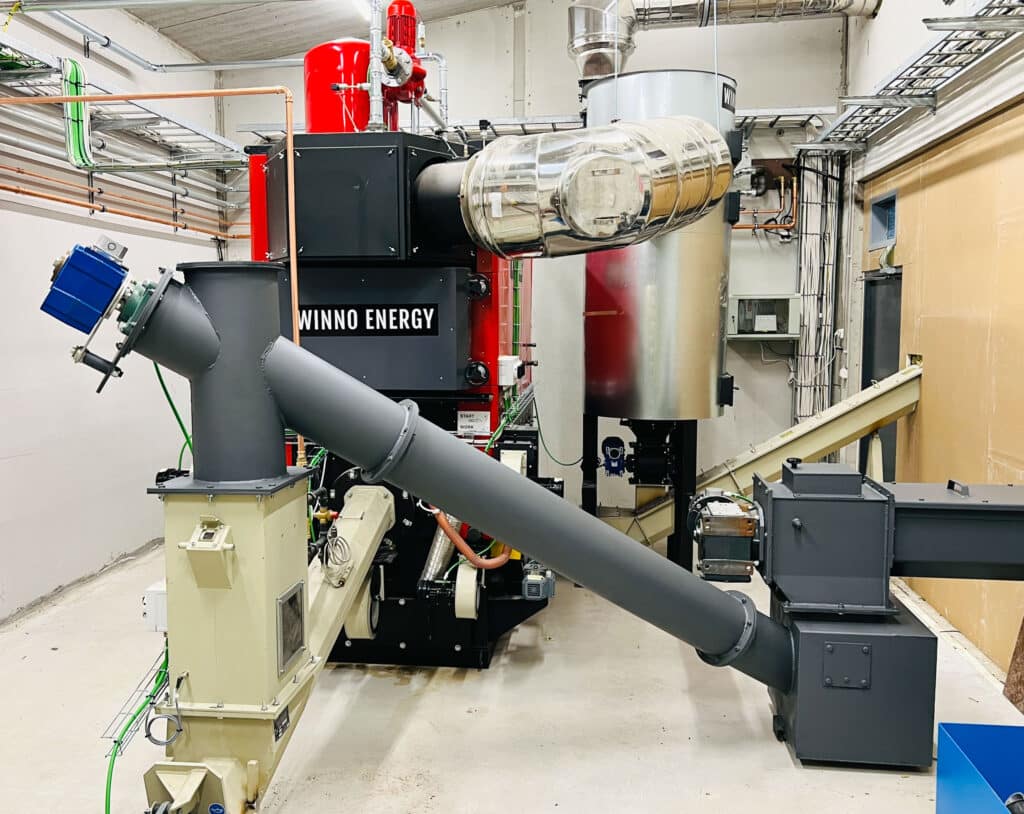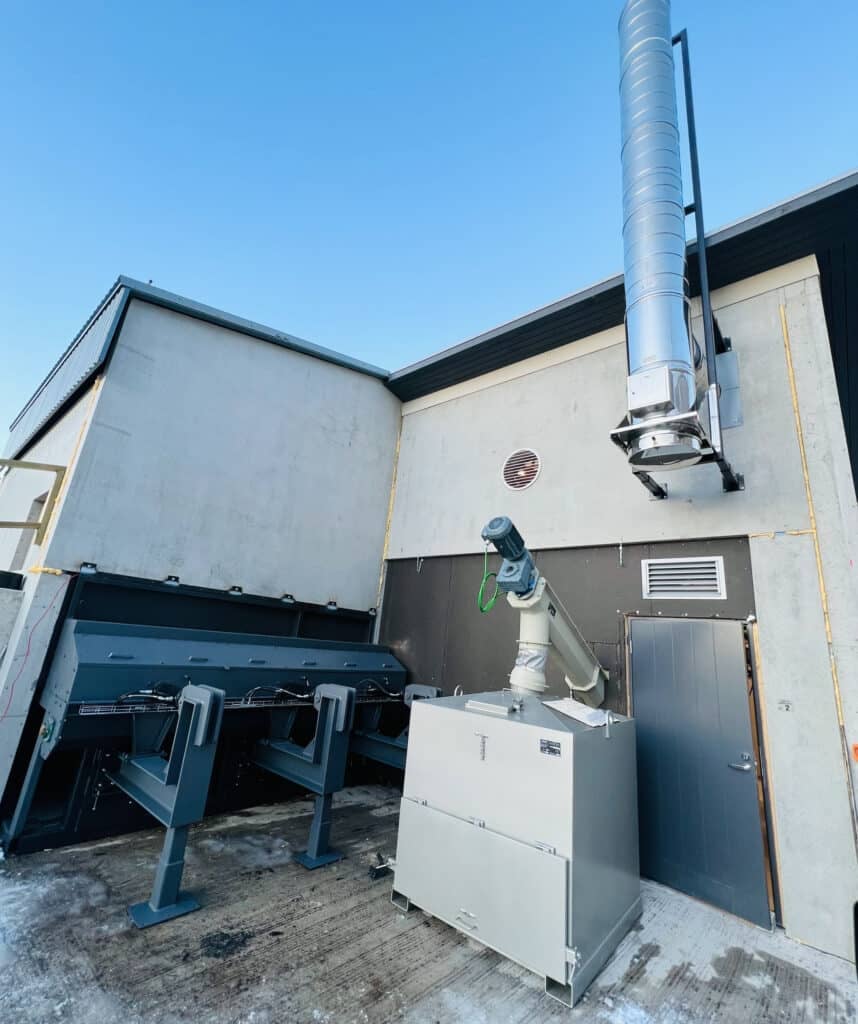Introduction
The shift towards more sustainable and environmentally friendly energy sources has led to a growing interest in biomass boilers as an alternative to traditional fossil fuels. In the UK, industrial biomass boilers have become an increasingly popular option for businesses looking to reduce their carbon footprint and improve overall energy efficiency. This blog post will provide an in-depth look at the costs associated with industrial biomass boilers in the UK, considering various factors that impact the initial investment, ongoing expenses, and potential financial incentives.
Initial Investment: Upfront Costs
The initial cost of an industrial biomass boiler depends on several factors, including the size, capacity, and type of system. Generally, the cost of a biomass boiler ranges from £10,000 to £1,000,000. Here are a few factors that influence the upfront costs:
a. Size and Capacity
Bigger boilers with higher capacities will cost more. The capacity is usually measured in kilowatts (kW) or megawatts (MW). The size of the boiler required depends on the scale of operations and energy needs of the industrial facility.
b. Type of System
There are various types of biomass boilers, such as fully automated, semi-automated, and manual systems. Fully automated systems tend to be more expensive but offer greater convenience and efficiency.
The best solution is fully automated systems which are bit higher in the cost but they can run automatically without attention 24/7 which reduces operational costs dramatically.
c. Installation and Setup
The complexity of the installation process and any required modifications to the existing infrastructure can also impact the upfront costs. Some installations may require additional equipment, such as a fuel storage system and a conveyor system for biomass fuel delivery.

Ongoing Expenses
Industrial biomass boilers also have ongoing costs, including:
a. Fuel
The cost of biomass fuel depends on the type and source, with wood pellets, wood chips, and agricultural residues being common options. Fuel prices can vary, but generally, biomass fuels are cheaper than fossil fuels.
b. Maintenance and Repairs
Regular maintenance is essential for efficient operation and longevity of the boiler. Maintenance costs will depend on the size and complexity of the system, but can range from £1,000 to £5,000 per year. Unexpected repairs may also add to the ongoing expenses.
c. Staff Training
Employees operating the boiler may need specialized training, which can be an additional cost, particularly if ongoing training is required to keep up with evolving technology.

Financial Incentives and Savings
There are several financial incentives available in the UK that can help offset the costs of industrial biomass boilers:
a. Renewable Heat Incentive (RHI)
The RHI is a government-backed scheme that offers payments to businesses for generating heat from renewable sources, including biomass boilers. These payments can help offset the cost of the system and fuel over time, making it a more attractive investment.
b. Enhanced Capital Allowances (ECAs)
ECAs allow businesses to claim 100% first-year tax relief on qualifying energy-saving equipment, including biomass boilers. This can reduce the initial investment cost and improve the overall return on investment.
c. Energy Savings
Switching to a biomass boiler can lead to significant energy savings, particularly when replacing an older, less efficient fossil fuel-based system. These savings will depend on the efficiency of the biomass boiler and the cost of the biomass fuel compared to the previous energy source.
Conclusion
Industrial biomass boilers are an increasingly popular choice for businesses in the UK looking to reduce their carbon footprint and improve energy efficiency. While the initial investment and ongoing expenses can be significant, various financial incentives and potential energy savings make biomass boilers a viable and eco-friendly alternative to traditional fossil fuel-based systems. Careful consideration of the size, capacity, and type of system, along with maintenance costs and fuel prices, can help businesses determine if an industrial biomass boiler is the right choice for their energy needs. By taking advantage of available government incentives and tax relief, businesses can further offset costs and make the switch to renewable energy sources more feasible and financially attractive.


